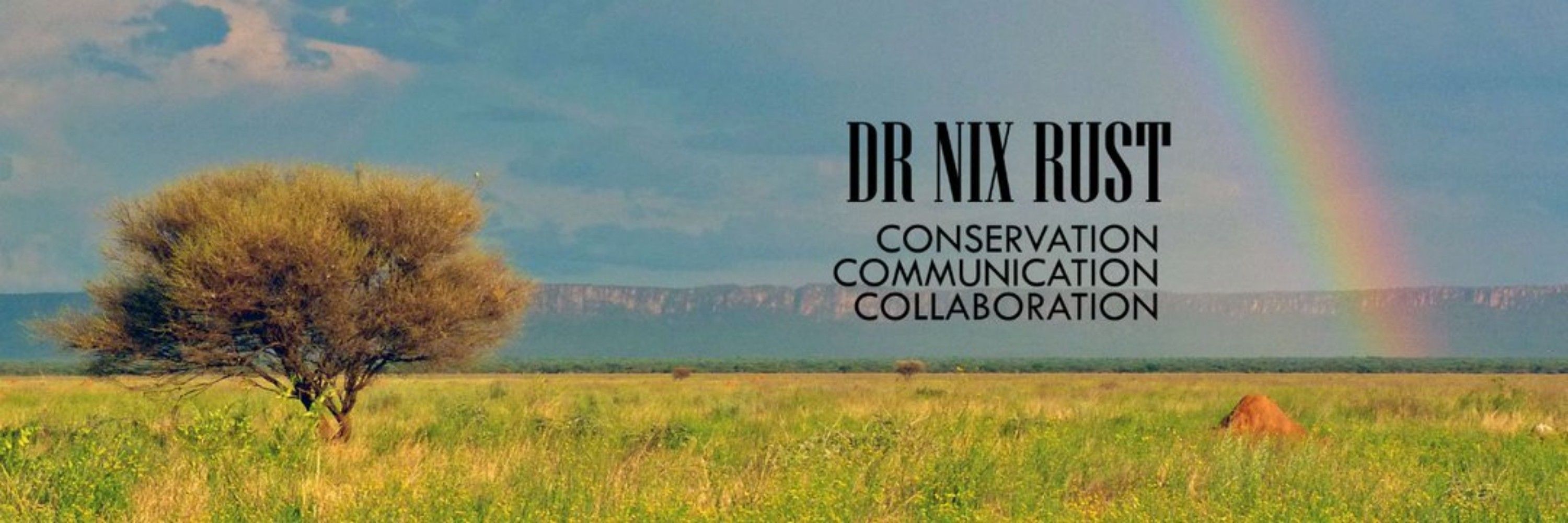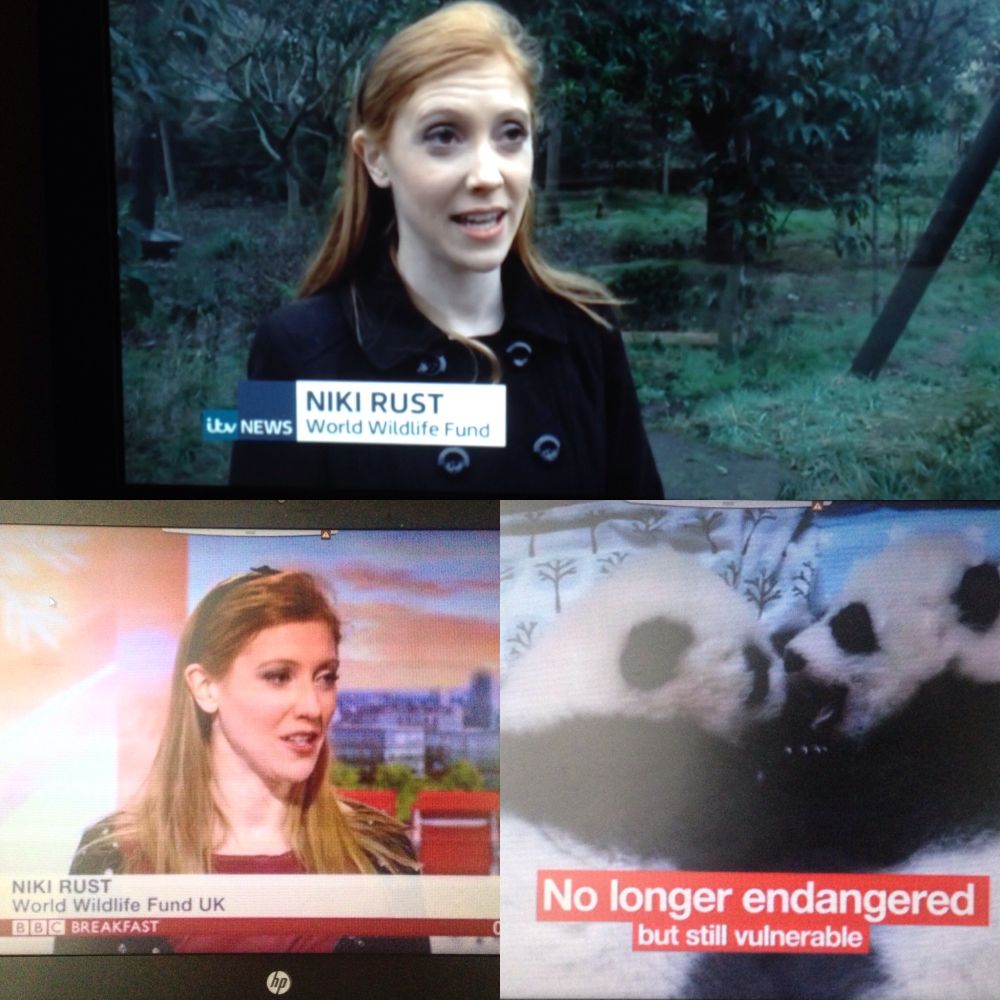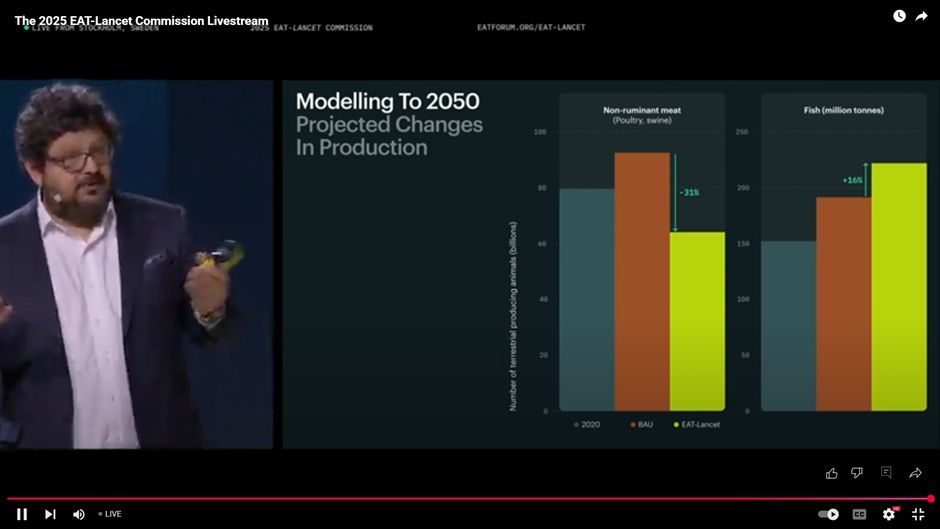Nix Rust
@nixrust.bsky.social
3.7K followers
610 following
1.4K posts
Climate, land, agriculture & nature leader in science, policy, comms & delivery
Ex WWF, IIED, Defra, CCC
IUCN member
Striving to build a better future for people & the planet
Posts
Media
Videos
Starter Packs
Pinned
Reposted by Nix Rust
Reposted by Nix Rust













